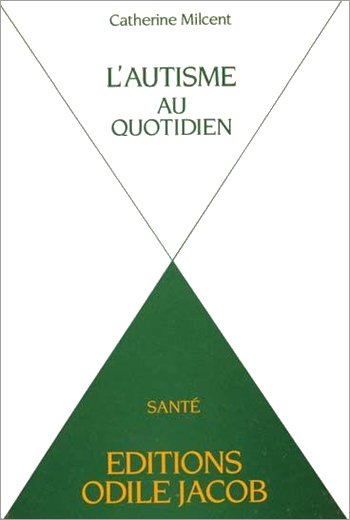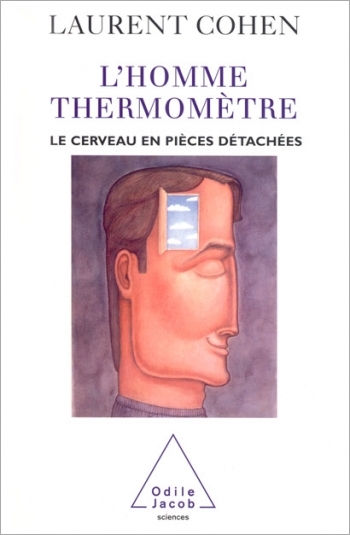Results for the keyword neurology
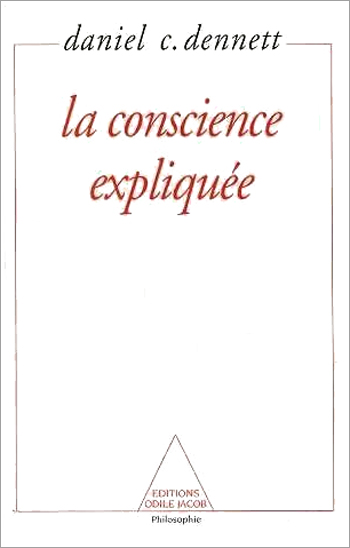
Daniel C. Dennett
Consciousness Explained
What is it that transforms a small piece of matter into an animated being? What is it that gives to certain physical structures the enigmatic privilege of feeling sensations and having experiences? Conscience. But what do we know about conscience? Daniel C. Dennet proposes a new explicative model founded on the modern revelations of psychology, neurology, and artificial intelligence. Daniel C. Dennett directs the Center for Cognitive Studies at Tufts University. He is one of the leaders in the philosophy of the spirit in the United States.
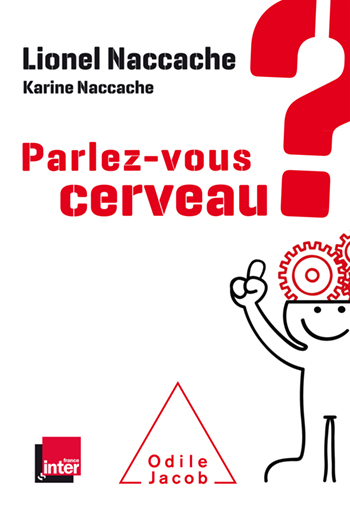
Lionel Naccache, Karine Naccache
Do you Speak “Brain”? The brain is part of our everyday lives
Instructive and entertaining, important facts about the brain by one of the great French neurologists. A proven format, since Lionel Naccache’s chronicles on the brain were the most popular podcasted shows last summer on French Inter radio.
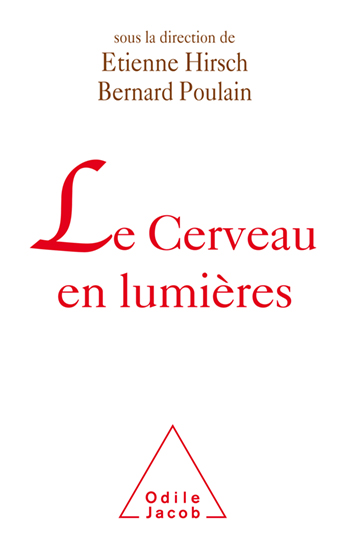
Bernard Poulain, Etienne Hirsch
Frontiers in the Neurosciences
Along with Étienne Hirsch and Bernard Poulain, thirty prestigious contributors present an assessment of what the neurosciences will be in twenty years.

Yves Agid, Pierre Magistretti
The Glial Man A Break in Neuroscientific Thinking
A strong thesis with three-fold implications: a new way of understanding the functioning of the human brain; new bases to better diagnose neuro-psychiatric pathologies; new paths for research into treatments against these diseases.
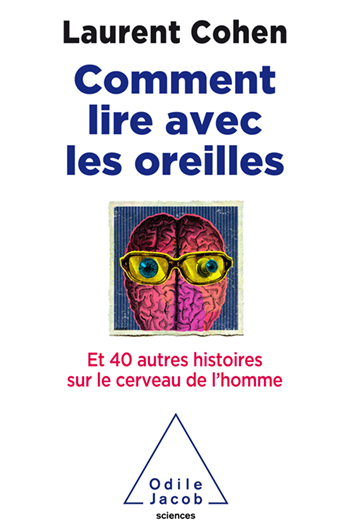
Laurent Cohen
How Do You Read With Your Ears? And 40 other stories about the human brain
The new book by one of our most brilliant neurologists gives us a concise and comprehensive overview of the latest advances in neuroscience. Forty short, strange, entertaining but always instructive stories about the functioning and dysfunctioning, ordinary or extraordinary, of our brain.
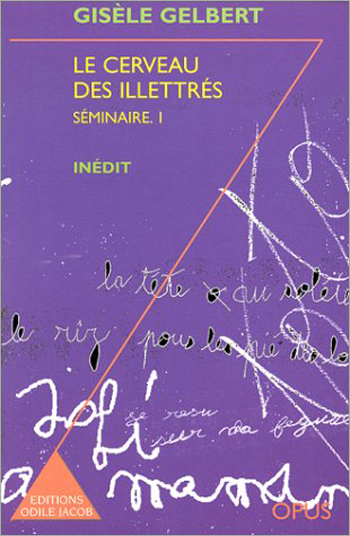
Gisèle Gelbert
The Illiterate Brain
Is illiteracy a social scourge, or is it an aphasia-like disorder? To find the answer, Gisèle Gelbert delves into the mysteries of the brain of an illiterate person, and teaches us the art of `repairing' it. By thoroughly breaking down each linguistic act, she is able to define and localise with great accuracy the disorders observed in both written and oral expression. She also makes use of the schema to develop exercices that are especially adapted to the clinical observation of localised disorders, thus opening the door to new therapeutic possiblilities. Gisèle Gelbert is a neurologist and aphasiologist. She is the author of "Lire c'est vivre "(Opus, 1996) and "Lire c'est aussi écrire" (1998).

